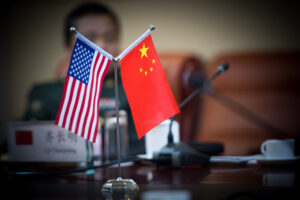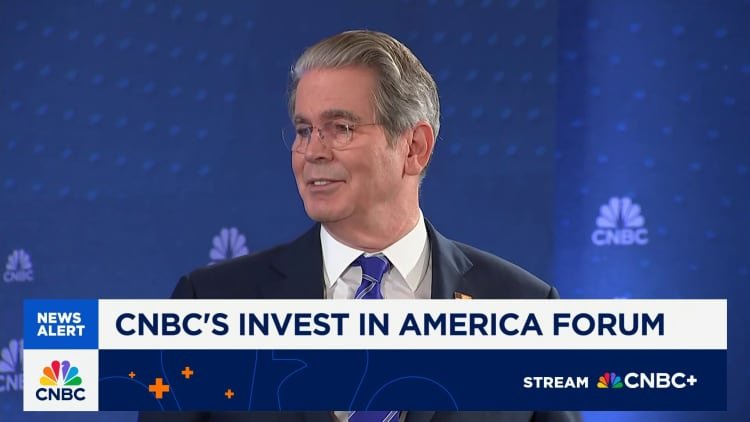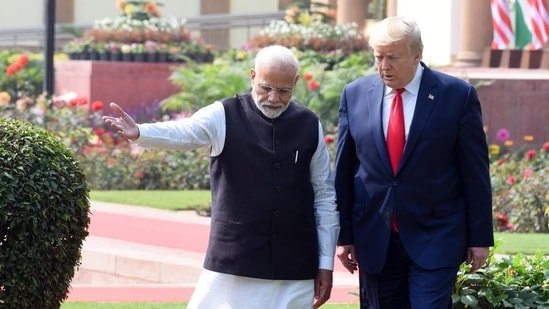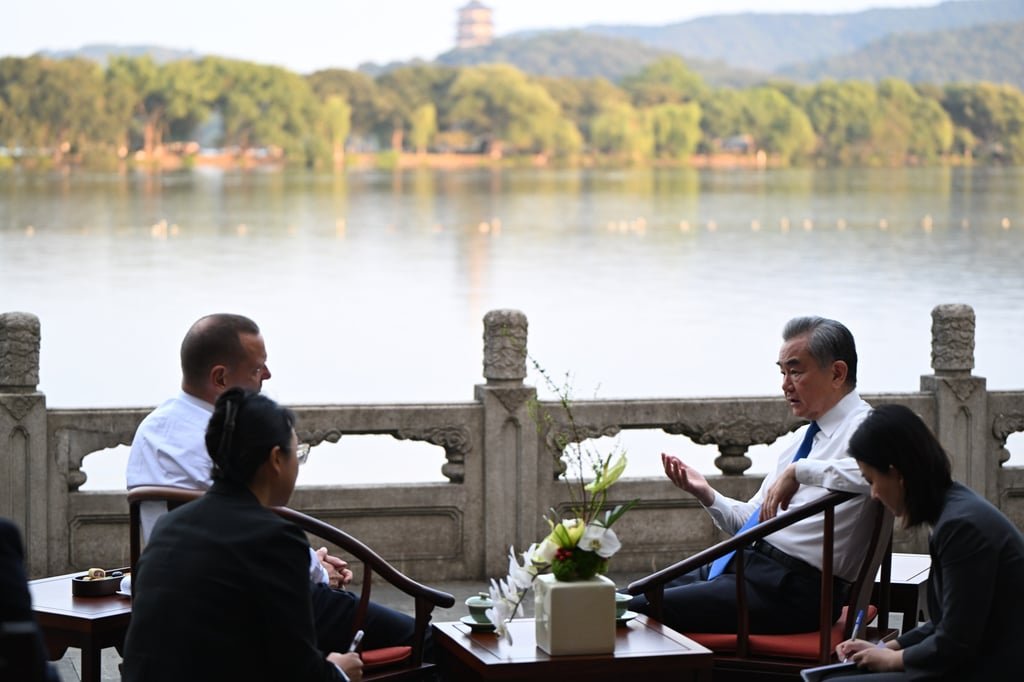Reuters’ Trevor Hunnicutt reported that “President Donald Trump revived the trade war against Beijing on Friday, ending an uneasy truce between the two largest economies with promises to sharply hike tariffs in a reprisal against China curbing its critical mineral exports. The president unveiled additional levies of 100% on China’s U.S.-bound exports, along with new export controls on ‘any and all critical software’ by November 1, nine days before existing tariff relief is set to expire.”
“Trump also called into question the prospects for a previously announced meeting set for three weeks from now with Chinese President Xi Jinping in South Korea, saying on Truth Social that ‘now there seems to be no reason to do so,’” Hunnicutt reported. “‘I haven’t canceled,’ Trump later told reporters at the White House. ‘I would assume we might have it.’ Beijing has never confirmed the meeting.”

“The new trade steps were Trump’s reaction to China dramatically expanding its rare earth element export controls. China dominates the market for such elements, which are essential to tech manufacturing,” Hunnicutt reported. “…The actions signaled the biggest rupture in relations in six months between Beijing and Washington – the world’s biggest factory and its biggest consumer. Many questioned whether an uneasy economic detente reached over the summer can survive.”
New Tariffs Concern US Soybean Producers
Agri-Pulse’s Oliver Ward reported that “U.S. Treasury Secretary Scott Bessent had signaled that he expected both sides to secure a pact before the November deadline. But the latest frictions have cast doubt on a potential deal, leaving U.S. soybean farmers anxious.”
“The American Soybean Association ‘was hopeful that these upcoming talks between the United States and China would lead to a deal that would restore U.S. soybean exports to China, traditionally soybean farmers’ largest export by far,’ ASA Presidet Caleb Ragland said in a statement following Trump’s fresh tariff threat,” Ward reported. “‘ASA is extremely disappointed that the planned meeting at the end of the month between President Trump and Chinese President Xi is canceled as of right now,’ Ragland added.”
“Trump had also signaled that he could travel to Beijing early next year, and that Xi could visit Washington,” Ward reported. “‘ASA hopes that talks can be put back on track to restore markets and trade relationships,’ Ragland said.”
It has just been learned that China has taken an extraordinarily aggressive position on Trade in sending an extremely hostile letter to the World, stating that they were going to, effective November 1st, 2025, impose large scale Export Controls on virtually every product they…
— Trump Truth Social Posts On X (@TrumpTruthOnX) October 10, 2025
“Some analysts are doubtful whether China wants to smooth over the trade disputes at this time, however. A trade lawyer told Agri-Pulse on Friday morning that he is skeptical a deal could be reached,” Ward reported. “‘We’re just seeing a lot more aggressive action from China,’ the lawyer said. The lawyer was speaking after China’s actions on rare earths but before Trump’s reaction.”
China Continues to Avoid US Soybeans
Bloomberg’s Hallie Gu reported that “China’s soybean imports hit a record high for the month of September, even as the country avoids US supplies amid a resurgence in trade tensions between the agriculture powerhouses.”
“The world’s top buyer brought in 12.9 million tons of soybeans in September, the highest ever recorded for that month, customs data showed,” Gu reported. “Chinese crushers have been bolstering supplies of the oilseed with shipments mainly from Brazil, and in the meantime, shunning US cargoes as high tariffs and political risks make the trade unviable.”
“September arrivals were also near the highest ever monthly level, which was recorded in May, and brought total imports for the first nine months of the year to 86.18 million tons, up 5.3% from a year ago, according to the data,” Gu reported. “That ample supply gives Chinese crushers a comfortable cushion and piles even more pressure on American farmers, who are now bringing in a harvest with their top customer turning elsewhere.”







